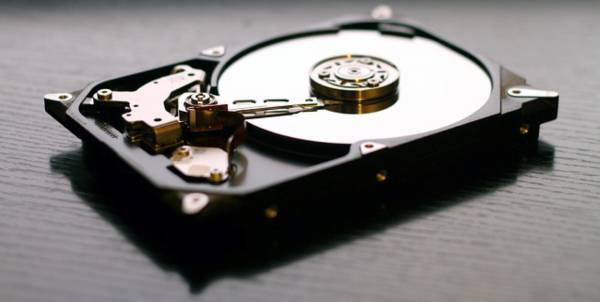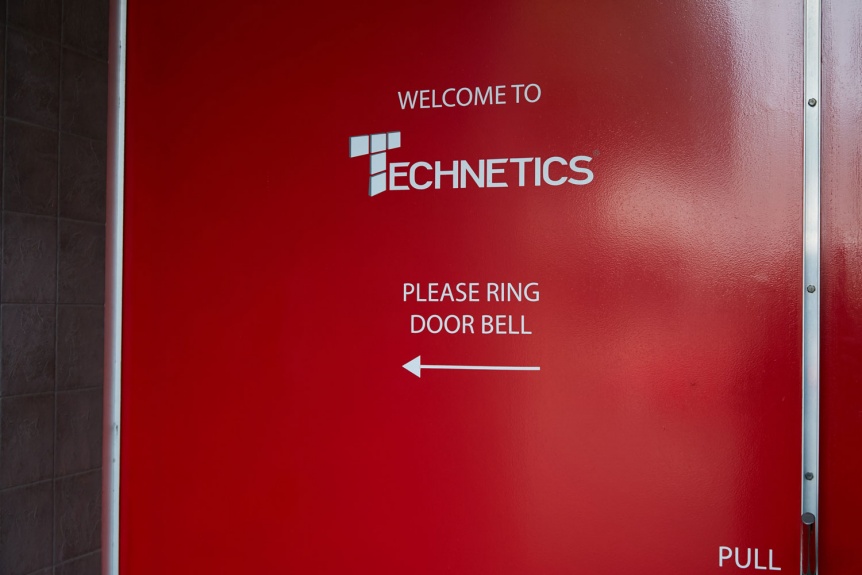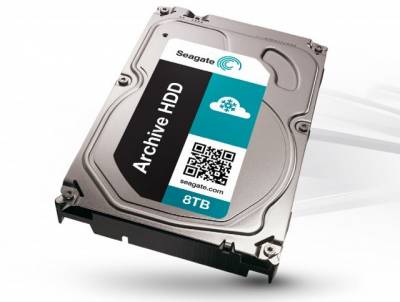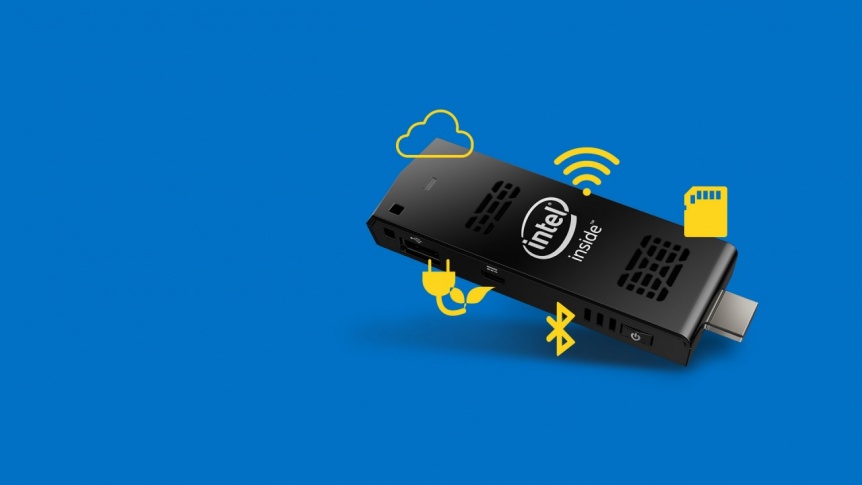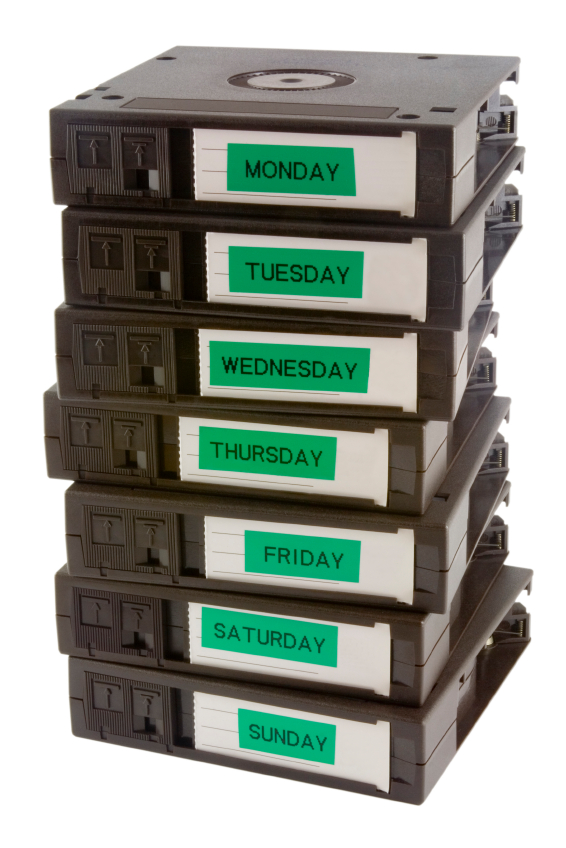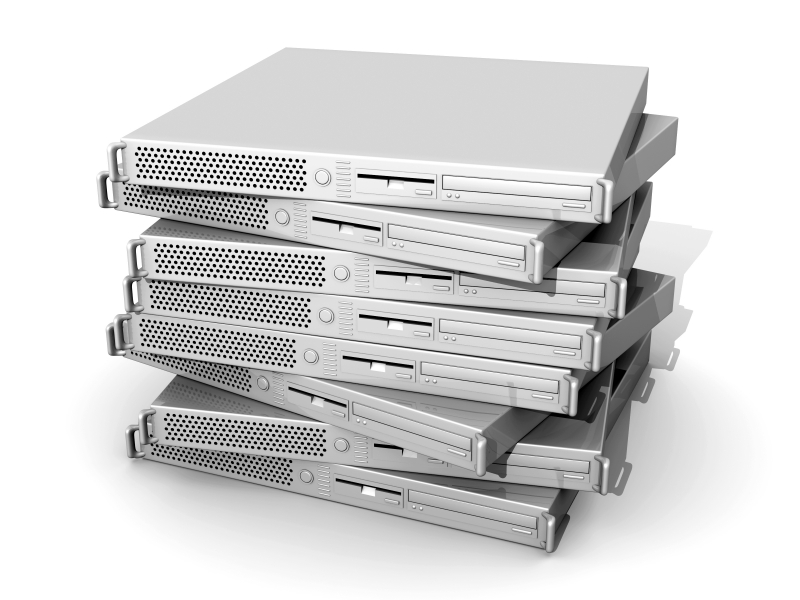With the new Google Photos app you can store an unlimited number of 16-megapixel photos and 1080p videos in the cloud – absolutely free. But doesn’t that sound too good to be true? And why does Google want all your photos?
Technetics Media Destruction Service
The only 100% reliable way to permanently delete confidential data
Businesses store vast amounts of sensitive data on hard drives. Deleting files or formatting the drive won’t completely remove the information off the hard drive. Confidential files can easily be restored using basic software.
What to Look for in a Data Recovery Service?
The amount of information that is now being stored on computers is more than ever before. Most of this information is personal, and ranges from tax returns and resumes, to photos and videos of our favourite moments in life. Most of the time this is kept on a hard drive or other storage devices that often holds all of the information we have.
So imagine the pain and anguish you would go through if this were to become lost. These types of storage devices, especially portable hard drives and USB sticks, are prone to being damaged, which can result in most, if not all, of your information disappearing. But don’t distress, there are services out there that can help you recover that data. These businesses specialise in working with various media types to bring back everything possible.
Hard Drive Crash? The Essential Data Recovery Basics
It’s no secret that we live in an advanced technological world. One important part of this newly changed world is the computer. This modern day device has transformed our way of life and culture exponentially. While technology has made certain parts of our lives easier, it’s also created a new set of problems as well. After all, computers are only machines meaning they’ll eventually break down from general wear or overuse.
One way in which computers break down is known as a hard drive crash. For anyone who has experienced this type of failure, it’s usually a painful nightmare to deal with. So what should you do if you experience a hard drive crash? We’ll offer some essential data recovery basics.
So, what exactly is a hard drive crash? This problem occurs when a computer’s hard drive stops working because parts within the drive wear out or become damaged. A hard drive is an intricate web of different components put together to allow your computer to store memory. So, even the tiniest malfunction can cause your hard drive to simply crash which could mean an entire loss of data from your computer.
Here are some signs that your computer has experienced, or will experience, a hard drive crash.
1. Your computer constantly shows blue screens, freezes, or is performing much slower than usual.
2. More corrupted files than before.
3. You start hearing strange noises coming from the hard drive area such as rattling, clicking, and grinding.
So, what should you do if you experience a crash?
Call the experts. Don’t risk further damage, it’s probably a good idea to contact a Data Recovery specialist. They have the knowledge, tools, and experience to help you recover your computer’s data quicker. Although this can be costly, it will probably still save you money in the long run.
A hard drive crash is something none of us want to experience. Still, it doesn’t have to be the end of the world either. Data can still be recovered even with the worst of crashes. From backing up your files to knowing what expertise to turn to, you can take steps to prevent or overcome a faulty drive. This can help put a smile on your face – and a new spring in your computer’s step.
Visit Technetics Data Recovery to speak to an experienced and award winning data recovery team. If you have any questions or need any help, please get in contact with us and one of our staff will be happy to help.
Are Wearable Devices Revolutionising The Health Industry?
Most consumers and businesses have not yet fully embraced wearable technology, however one notable exception is the healthcare industry, where wearable devices are rapidly gaining wide acceptance.
Business And The Intel Compute Stick
It’s a computer that fits in the palm of your hand. The Intel Compute Stick is a self-contained Windows 8.1 desktop PC that’s only slightly larger than a USB flash drive. It comes with 2GB of memory, a 1.3GHz Atom Z3735F processor, and 32GB Flash storage. Just plug it into the HDMI port of your monitor or big-screen TV, and off you go!
Thought Your Old Tape Data Was Unrecoverable? Think Again!
Any business can lose tape data as a result of software issues, backup failure, overwritten media, drive malfunction, or physical damage. But with the right data recovery procedure, data can often be fully recovered.
What You Need To Know About Big Data
Big Data is one of the top buzzwords of 2015. But what does it really mean?
Every organisation needs to fully understand Big Data, and how they can use it to improve their business operations.
Who Is Tracking Your Online Activity?
Your online activity is being watched. There is a vast network of hidden trackers on most of the websites you browse and the apps you use. Not all tracking is malicious. Many web services rely on user data to enhance your online experience and provide relevant content. Sometimes the tracking enables websites to recommend products you might like or friends you could connect with.
The Commercial Myth and Folly of Data Storage
A revolution has taken place in the computing world over the last few years with the popularisation of cloud computing. Many people are still not fully acquainted with this particular technology, but it is already changing people’s lives all over the world. Almost all of us utilize cloud services in some manner or other on a daily basis, given the number of online sites that have been entirely migrated to this data-intensive form of computing.




